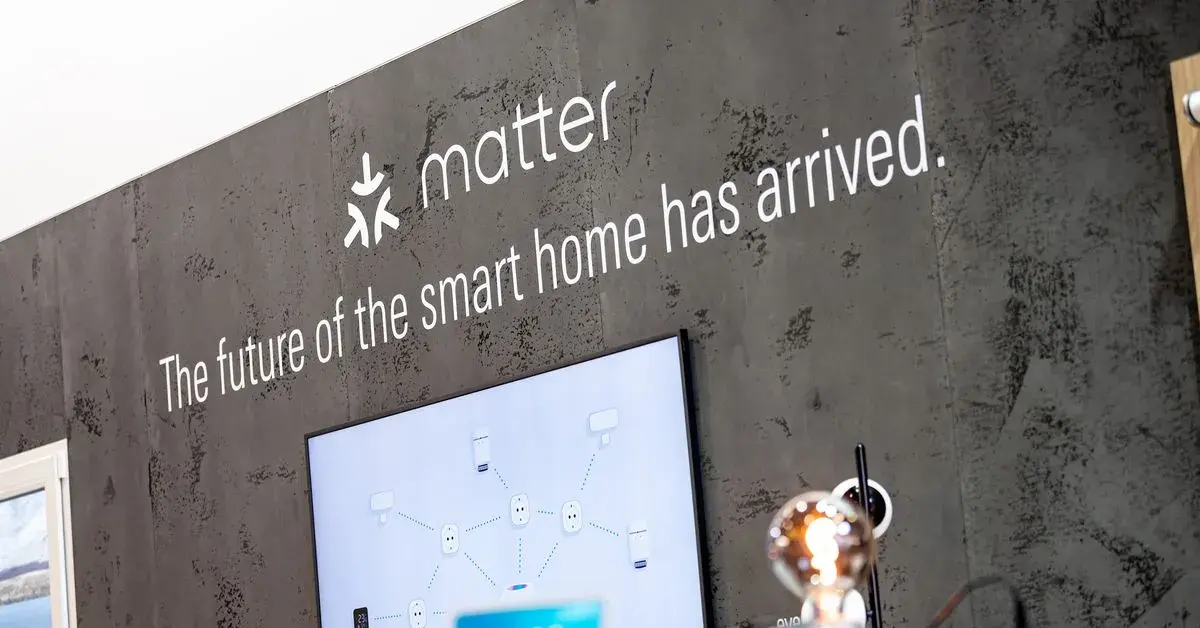The article discusses expectations for smart home announcements at the upcoming IFA tech show in Berlin. While companies may unveil new smart speakers, cameras and robot vacuums, the smart home remains fragmented as the Matter interoperability standard has yet to fully deliver on integrating devices. The author argues the industry needs to provide more utility than novelty by allowing different smart devices to work together seamlessly. Examples mentioned include lights notifying users of doorbell activity or a robot vacuum taking on multiple household chores autonomously. Overall, the smart home needs solutions that are essential rather than just novel if consumers are to see the value beyond the initial cool factor.



You mean like KNX?
Which we have for 3 decades now, is totally offline if needed and can by design not leak data without the user noticing, is available both wired an non-wired, is compatible across hundreds of manufacturers and even has some open source projects, is totally backwards compatible and does not require a fancy “central component” that might stop the whole system functioning?
Seriously: The whole smart home world is a scam. 90% of all products that are new and fancy are nothing more than “voice/mobile remotes” and not truely intelligent. They are used because people refuse to do their homework in terms of smarthome.
There is a number of options, but not all hardware is flashable and some that is can be work.
What I want is autodisoverable hardware open to be flashed by owners, by law. I want it for all devices to be honest!
I understand your intentions, but there question is why add this layer of complexity. A switch that is a switch and switches everything I want no matter what because it is forced by the common standard to do so and can not send any data ever is a good switch.
And tbh, while I am an absolute advocate for OSS I rather have a switch that is not depending on a possibly abandoned OSS project (been through that) - hardware in this field has incredibly long lifetime, much longer than almost all OSS projects (remember, EIB is older than Linux!) and does it’s complete job from day one. There is no evolution in some hardware in this field and all evolution that did happened did not happen hardware side but communication wise - where we are also hardware limited. It is therefore much more important to define a common standard for communication - which we have - than have flashable components (exceptions apply,sure). We need to force legislation to get a common standard of communication or at least mandatory offline gateway availability to prevent thousands of components going to waste in a few years.
It does not help your cause when you can flash the hardware but the hardware is still talking to the wrong, proprietary communication channels.
I want hardware platforms standardized and autodiscoverable. These things need to get updates after the manufacturer ceases to care. Also, these hardware manufacturers can be terrible at software. It should be like PCs. I think that is end point anyway. It’s just unmaintainable any other way, even if these are intended to be e-waste after only a few years.